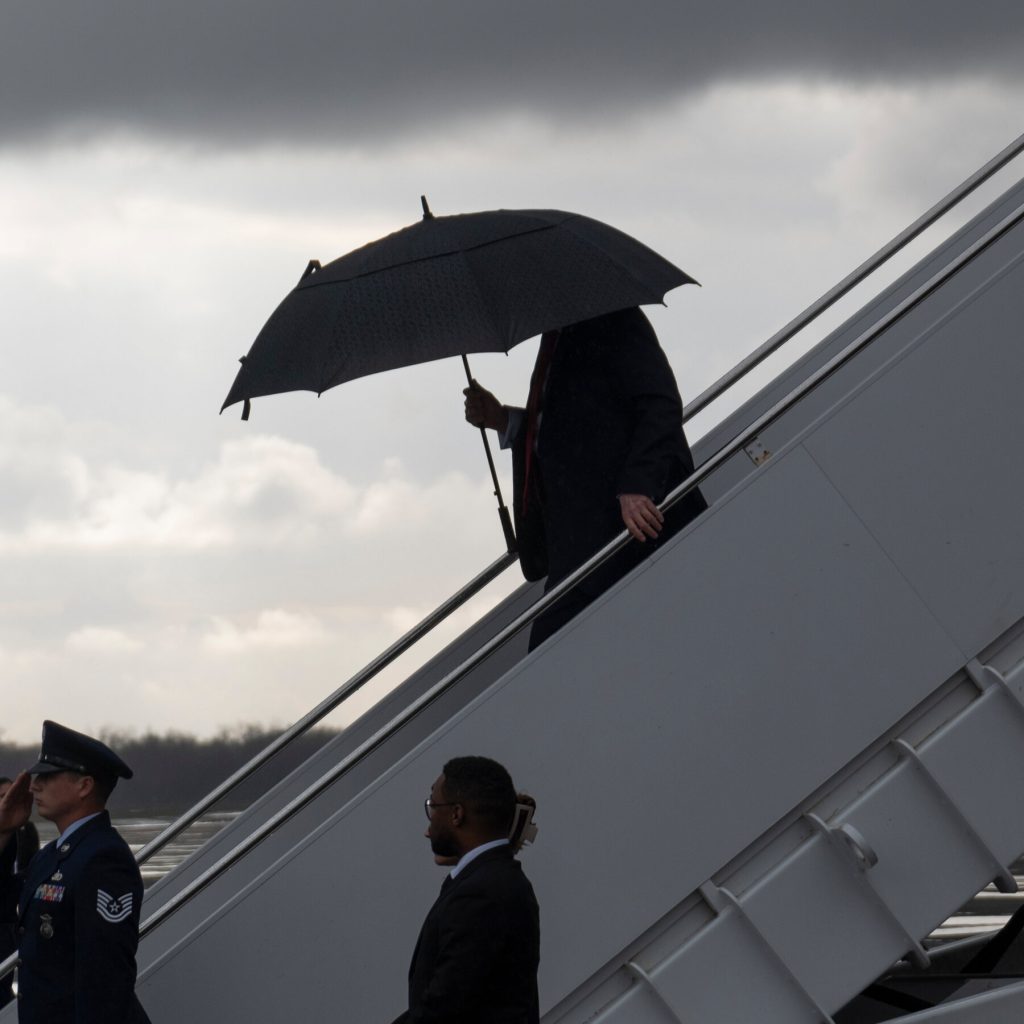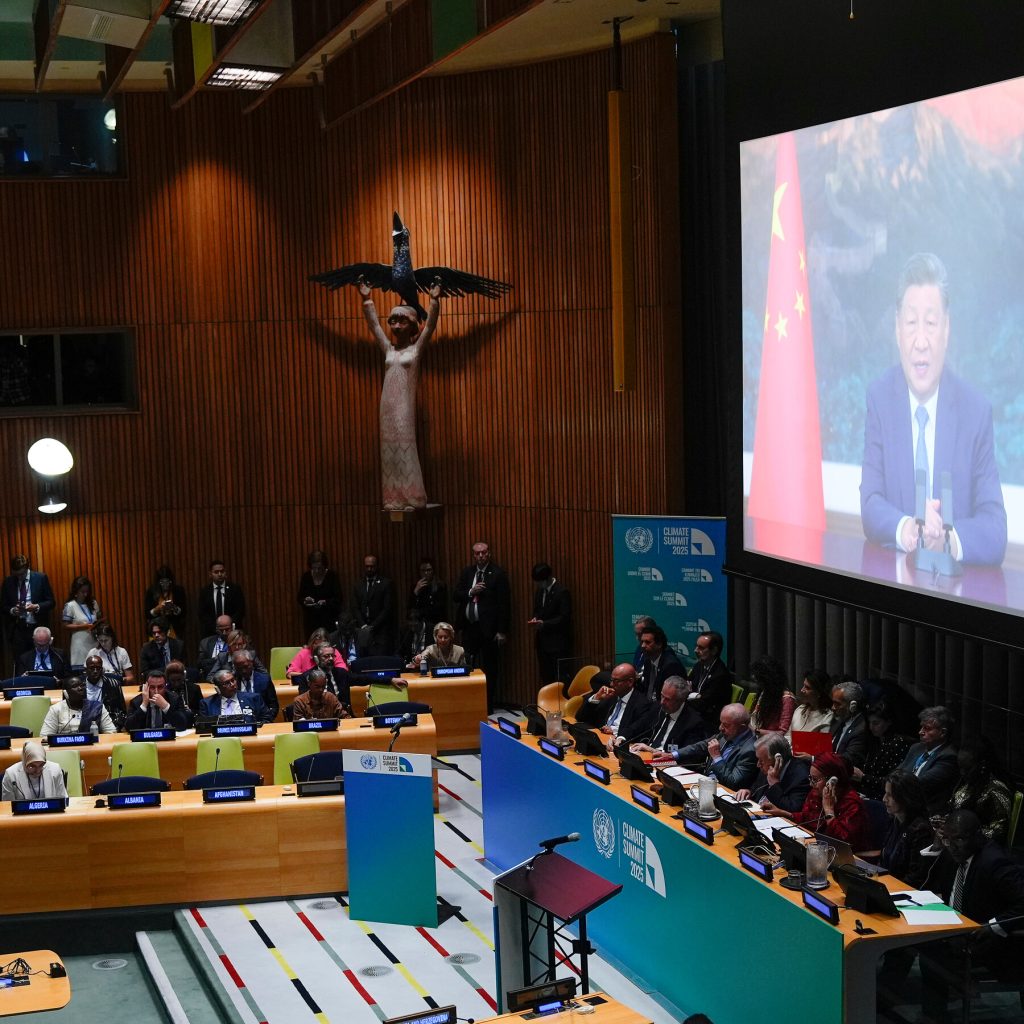A Woman Tells of Torture and 2½ Years of Captivity by an Iraqi Militia

In a harrowing account of survival and resilience, Elizabeth Tsurkov, a dual citizen of Israel and Russia, has recounted her experience of being held captive for 2½ years by an Iraqi militia backed by Iran. Her story is one of unimaginable cruelty, torture, and the intense diplomatic pressure that ultimately led to her release.
Tsurkov’s ordeal began when she was kidnapped by the militia, which has been linked to Iran, a country with significant influence over the group. During her prolonged captivity, she was subjected to brutal treatment, including physical and psychological torture. The conditions of her detention were harsh, with limited access to basic necessities and constant fear for her life.
Despite the dire circumstances, Tsurkov’s spirit remained unbroken. She continued to hold onto hope, fueled by the efforts of her family, friends, and the diplomatic channels working tirelessly on her behalf. The Israeli and Russian governments, in particular, played a crucial role in securing her release, leveraging their diplomatic influence to pressure the militia into letting her go.
The turning point in Tsurkov’s captivity came when the United States government intensified its diplomatic efforts, adding pressure on the militia to release her. The combined efforts of the U.S., Israeli, and Russian diplomats eventually led to her freedom, marking the end of a long and painful chapter in her life.
Tsurkov’s story sheds light on the plight of individuals held captive by militia groups and the critical role that international diplomacy plays in securing their release. Her experience serves as a testament to the power of hope, resilience, and the collaborative efforts of governments working together to protect their citizens. As she begins the process of rebuilding her life, Tsurkov’s account stands as a poignant reminder of the human cost of conflict and the importance of diplomatic engagement in promoting peace and justice.




